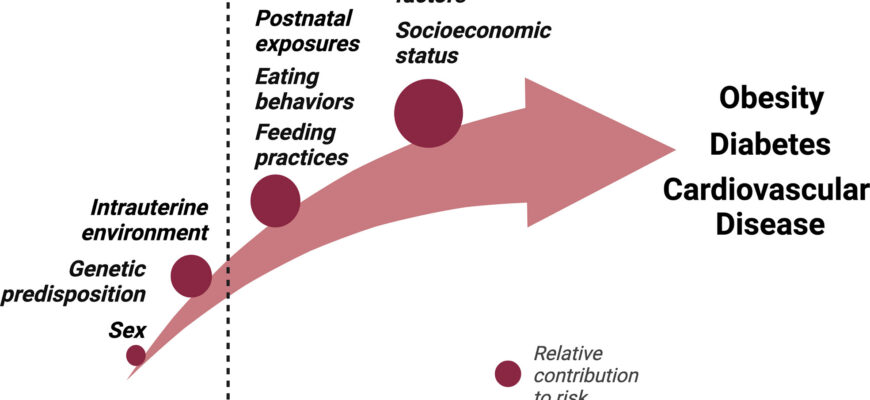For decades, the battle against obesity has been fought on multiple fronts: diet, exercise, and even medication. Yet, for many, the shadow of genetic predisposition looms large, often making weight management feel like an uphill struggle against an invisible adversary. It`s a common lament: “It`s just my genes.” While genetics undoubtedly play a significant role, recent groundbreaking research offers a refreshing perspective, suggesting that a simple, yet powerful, lifestyle adjustment—the timing of meals—could be a critical weapon in this fight, particularly for those with an inherited tendency towards weight gain.
The Genetic Blueprint and Daily Rhythms
The concept is elegantly straightforward: not all calories are created equal, at least not in terms of when they are consumed. A new study, published in the prestigious journal Obesity, sheds light on the intricate dance between our genetic makeup and our daily eating patterns. Researchers meticulously followed over 1,100 individuals struggling with excess weight over a three-year period, analyzing both their genetic data and their dietary habits, with a keen focus on the timing of their main meals.
The core finding is compelling: for individuals identified as having a high genetic risk for obesity (determined by a polygenic risk score, PRS-BMI), delaying their main meal by just one hour was associated with an increase in their Body Mass Index (BMI) by more than 2 kilograms per square meter. To put that into perspective, for someone of average height, that`s equivalent to gaining several extra pounds simply by pushing lunch back by an hour each day.
“It appears that for those whose genes have pre-written a somewhat `generous` metabolic script, the clock truly matters. The body, it seems, has its own preferred schedule for processing fuel, and straying from it can have tangible consequences.”
When the Clock Becomes a Key Factor
What makes this research particularly insightful is its specificity. This strong correlation between meal timing and weight gain was observed *only* in individuals with a high genetic predisposition. Those with a lower genetic risk did not exhibit the same sensitivity to meal timing, suggesting that genetics might dictate how forgiving your metabolism is to a late lunch or dinner. For the genetically predisposed, eating earlier in the day—closer to noon for their main meal—significantly improved their ability to maintain weight loss achieved through dietary treatment.
This isn`t just about weight gain; it`s about the efficacy of weight management strategies. The study underscored that late meals, especially after 3 or 4 PM, could actively sabotage long-term success in weight control for those with the “gene for plumpness.” It almost feels like a cosmic irony: our advanced scientific understanding of genetics leading us back to the seemingly primitive wisdom of “early to bed, early to rise, and early to eat, makes a body wise.”
A Personalized Path Forward
The implications of this study are profound, especially in the era of personalized medicine. While expensive genetic tests and complex treatment plans often dominate health discussions, this research points to a remarkably simple and accessible intervention: adjusting meal times. It’s an inexpensive, non-invasive, and remarkably practical strategy that can be tailored to an individual’s unique genetic predispositions.
For millions worldwide grappling with obesity and its related health issues, this finding offers a new beacon of hope. It suggests that while we cannot change our genes, we can learn to work with them, leveraging the body`s natural rhythms to optimize metabolic health. This personalized approach to prevention and treatment could empower individuals to take more effective control over their weight journey, transforming what felt like an inevitable genetic fate into a manageable challenge. The simple act of shifting a meal could, quite literally, shift the scales.








